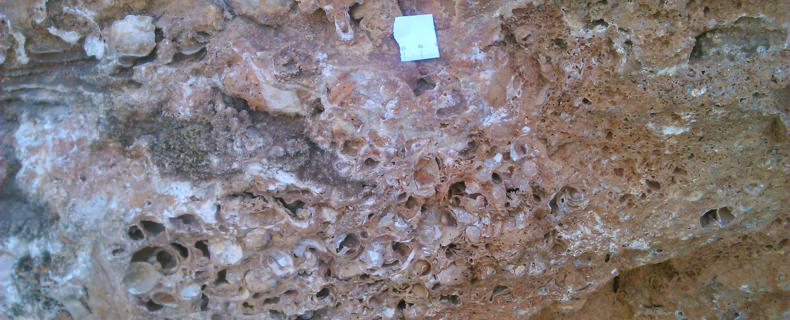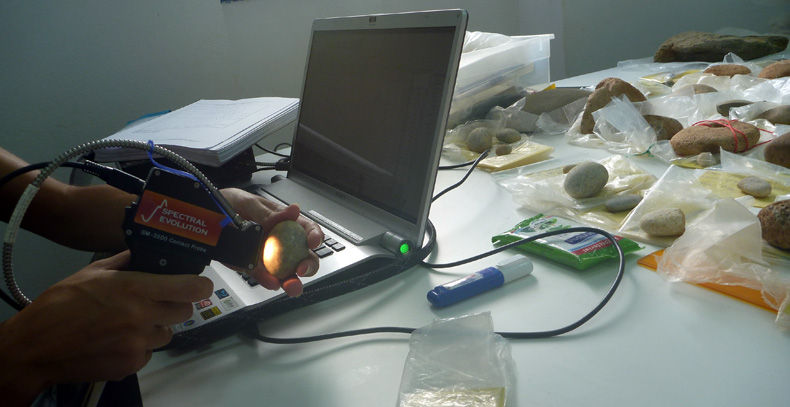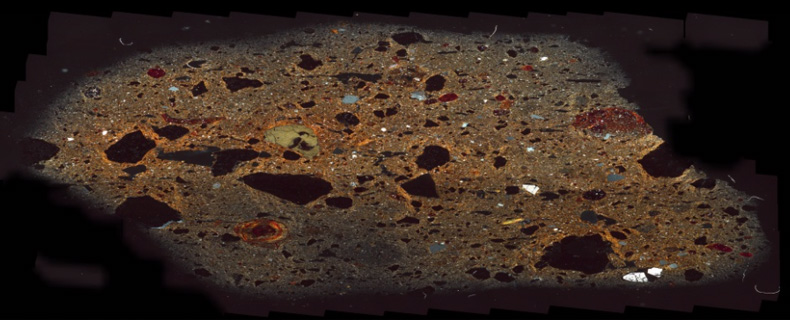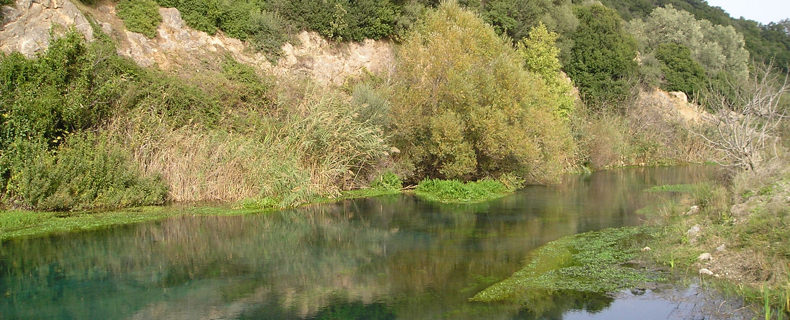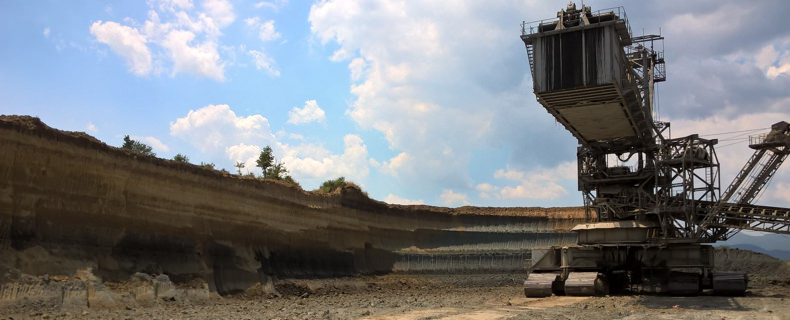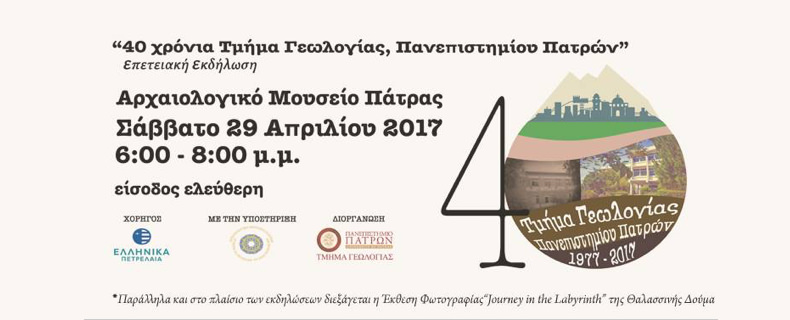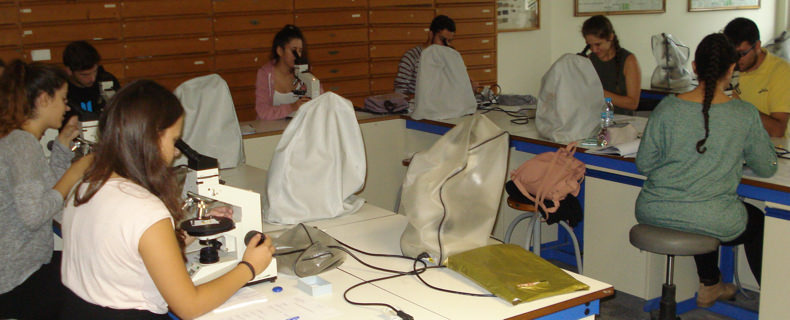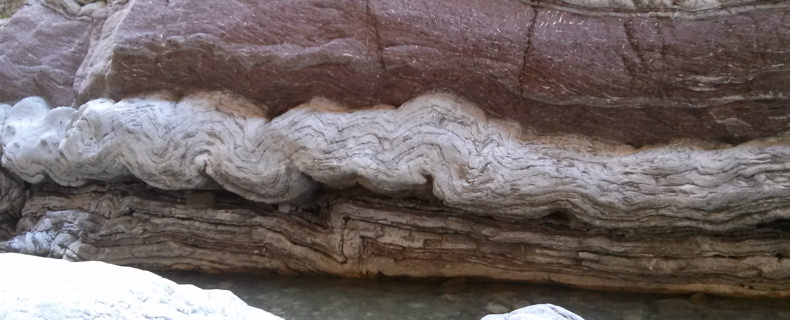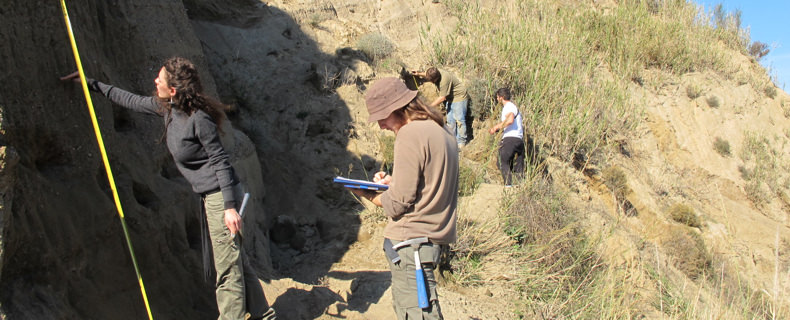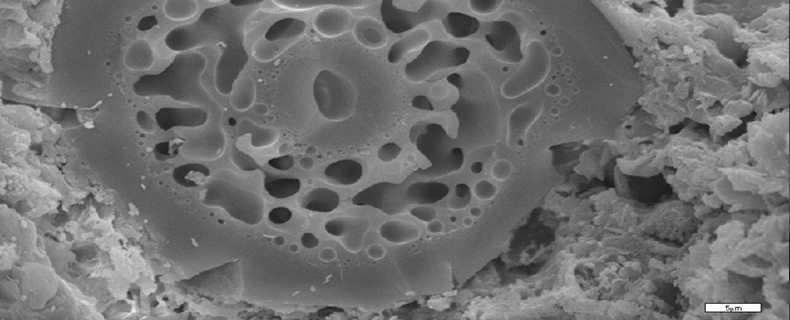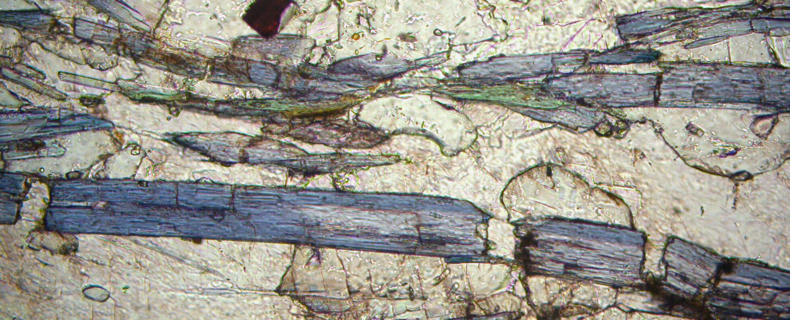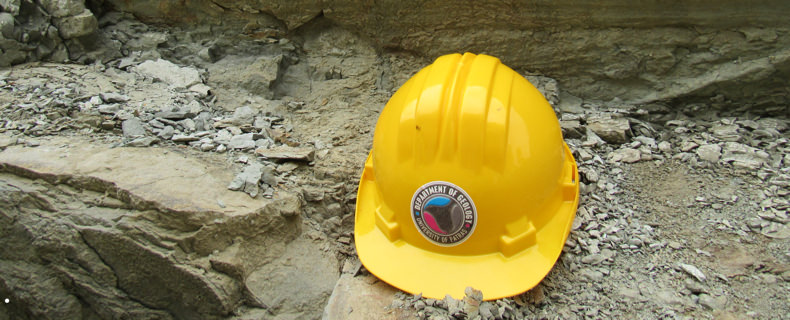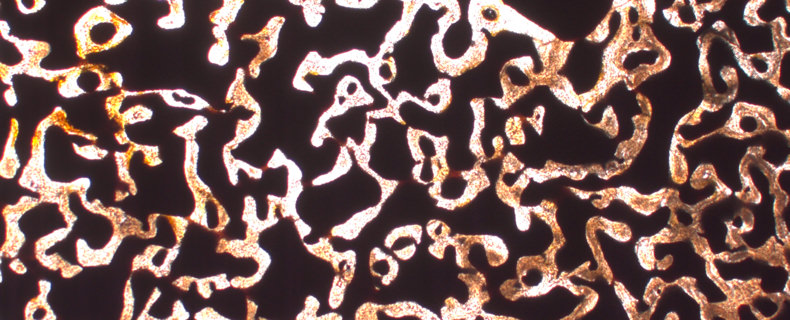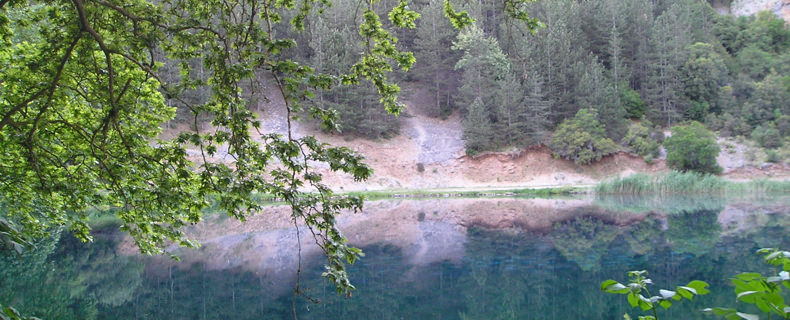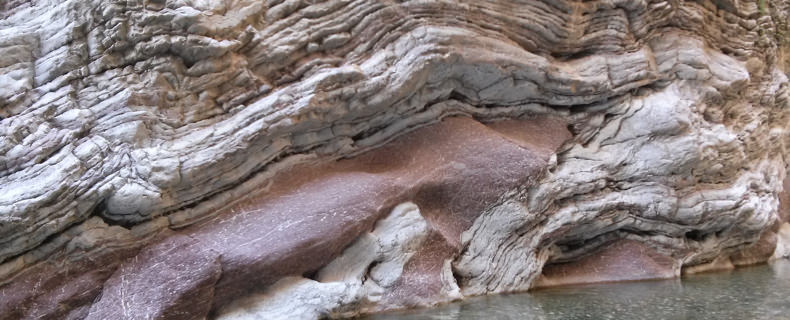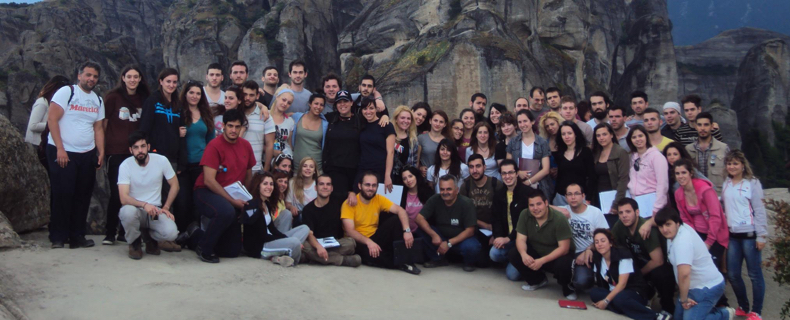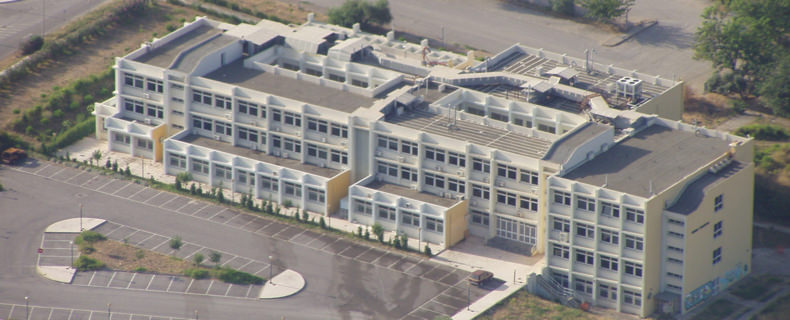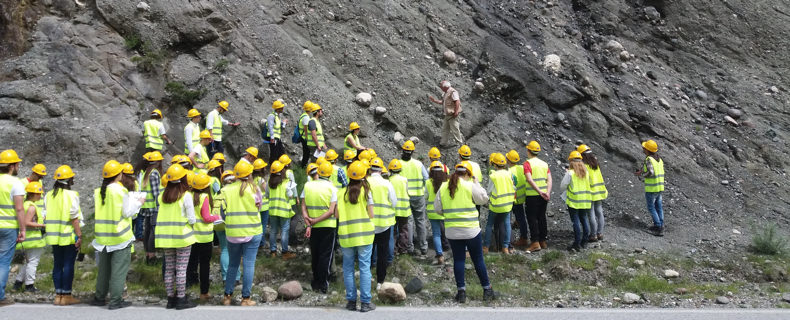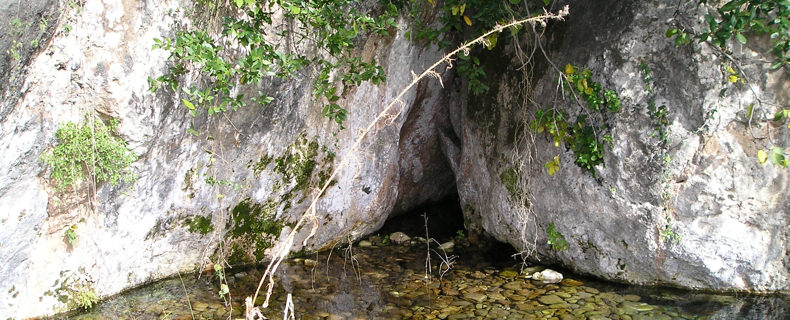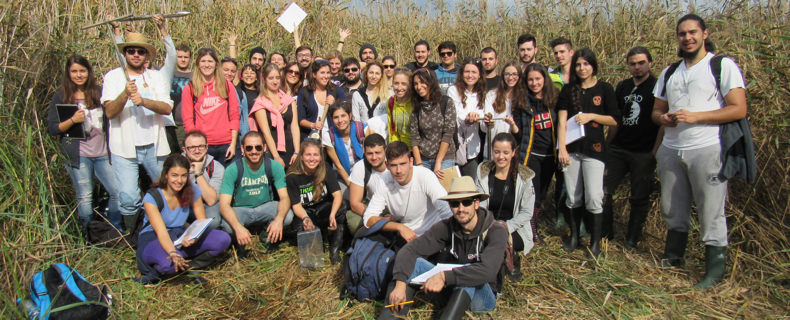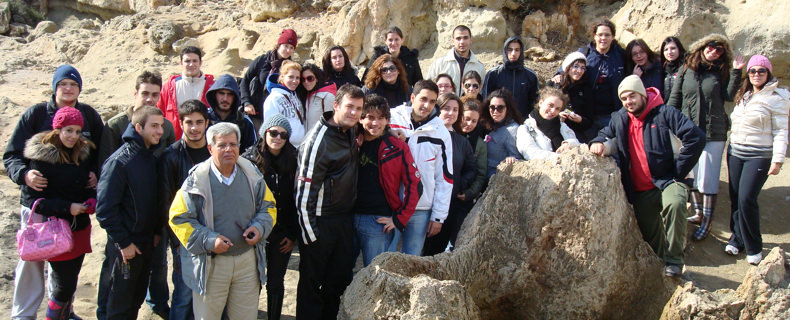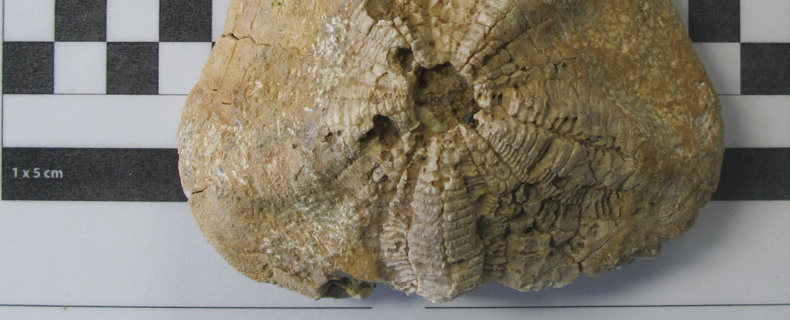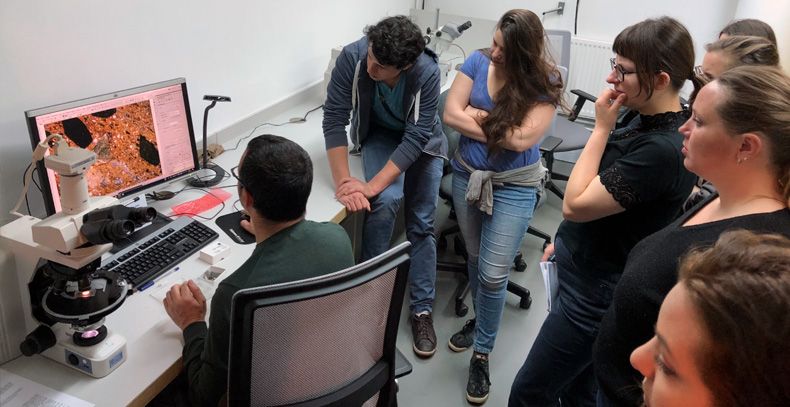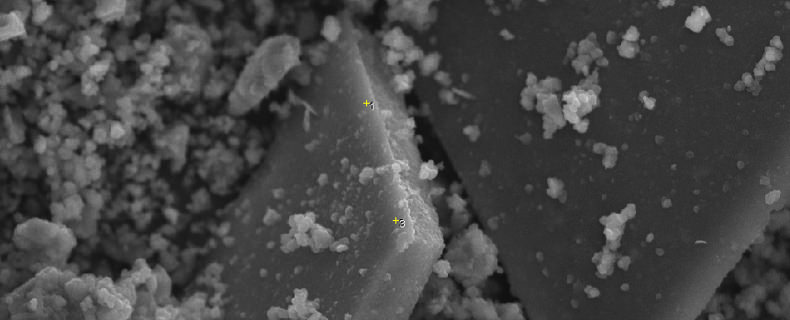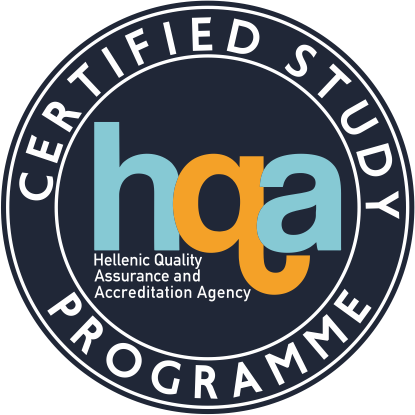| School |
Natural Sciences |
Academic Unit
|
Geology Department |
Level of Studies
|
Undergraduate |
Course Code
|
GEO_305 |
| Εξάμηνο σπουδών |
3ο |
Course Title
|
Geochemistry |
Independent Teaching Activities
|
Lectures, seminars and laboratory work |
Weekly Teaching Hours
|
2 (lect., 2 (Lab) |
| Credits |
5 |
Course Type
|
Field of Science (Synthetic Organic Chemistry) and Skills Development (Experimental Organic Chemistry-2) |
Prerequisite Courses
|
No |
Language of Instruction & Examinations
|
Greek |
Is the Course offered to Erasmus Students
|
No |
| Course Web-Page (URL) |
https://eclass.upatras.gr/courses/GEO349/ |
Learning Outcomes
|
The training of the students in the geochemical processes, which are taking place in the hydrosphere ,lithosphere and biosphere,. In the laws which control the translocation and movement of the elements from one part of land to another, and their significant effects on the climate and humans. Also, the students will be prepared to understand the genesis of rocks ,soils and sediments
The students posses the intellectual capacity and practical skills and has the ability:
- To apply the knowledge and constructive thinking in the solution of the geochemical problems, in decision making in relation to critical technical selection on crucial subjects, and in management of specific environmental areas
- Also the student in the working environment has the ability to respond:
- With sufficiency in the interscientific knowledge required for the solution of the geochemical problems
- With responsibility and trustworthiness in the case of autonomous working in the professional sector
|
General Competences
|
- Reach, analysis and synthesis of data with the use of the required modern technologies
- Decision making
- Adjustment to new situations
- Working in interscientific environment
|
| Syllabus |
- Basic geochemical principles and processes, lithosphere, hydrosphere,biosphere,atmosphere.
- Physical characteristics of sediments and their importance in the geochemical processes
- Chemical characteristics of sediments. Elements and geochemical phases as indices of sediment genesis environment.
- Chemical characteristics of rocks
- Geochemical processes
- Processes of chemical weathering
- Processes of chemical diagenesis
- Soils and sediments
- The geochemistry of heavy metals
- Sources of heavy metals ( natural and anthropogenic)
- Behavior of heavy metals in soils and water( release, adsorption/desorption, fixation, immobilization, ion exchange, volatilization).
- Factors affecting adsorption and desorption of heavy metals
- The bioavailability of heavy metals
- Relation of heavy metals to the biotic systems of the environment (plants, humans, animals)
- Sea geochemistry: Chemical composition of the sea water, equilibrium of the soluble components of sea water. Sources of entrance of water components in the sea environment. Water Characteristic layers of the water column. Geographical and perpendicular changes of trace element in the water column. Suspended matter, Geographic and perpendicular distributions. Composition of the suspended matter Benthic layer. Resuspension of the sediments Sea sediments, Composition, categories, sources, origin of the components. Hydrothermic activity,Hydrothermic metalliferous sediments.
- Biogeochemistry: Biogeochemical processes in the water systems.. Importance of the dissolved oxygen. Organic matter. Carbon Formation and decomposition of the organic matter.. Biogenic elements and their significance in the evaluation of the environmental conditions.. Trace elements cycles., , mineral carbon, characteristic elements.
- Special extreme environments: The importance of knowledge of the geochemical processes in the management of extreme environments. Black Sea, Lagoons ,Persian golf, Red sea, Undersea hydrothermic areas
- Environmental pollution
|
| Delivery |
Lectures, seminars and laboratory work face to face. |
Use of Information & Communication Technology
|
- e-teaching of the lab exercises on weakly basis two (2) days before the teaching process, personally to each student after his registration in the web page of the Laboratory
- Support of learning process and diffusion of the trainer via the electronic platform e class
|
Teaching Methods
|
| Activity |
Semester workload |
| Lectures |
2×13=26 |
| Lab exercise(13 exercises) Exercises conduction and calculating the results of (a):Lab exercises which concern the planning of the geochemical research, (b) The solution of the exercises which concern the evaluation of the environmental conditions in various environments, (c) Designing and interpreting of geochemical maps for the determination of the pollution sources. Field exercises and visits of technical interest |
2×13=26 |
| Field exercises in technical works (group work) |
13 |
| Independent study |
60 |
| Total number of hours for the Course |
125 |
|
Student Performance Evaluation
|
I)Assessment of the lab exercise
- Each exercise is reported completely solved, is corrected and graded
- The mean vakue of all the exercises is calculated
II) Final written exam of the Coarse
- Eight out of 10 questions must are synoptically responded, and among them two lab questions are included.
|
Attached Bibliography
|
- Σ. Π. Βαρνάβας, Γεωχημεία, Εκδόσεις Πανεπιστημίου Πατρών 2015
- Σ. Π. Βαρνάβας, Εφαρμοσμένη Γεωχημεία, Εκδόσεις Πανεπιστημίου Πατρών 2014
- I.K.Kαλαβρουζιώτης, Διαχείριση εδαφικών πόρων και αποβλήτων, Εκδόσεις Τζιόλα, 2015, Θεσσαλονίκη.
- Πρ. Κουκουλάκης, Ι. Κ. Καλαβρουζιώτης, Π. Κόκκινος, Γεωχημική συμπεριφορά βαρέων μετάλλων
- στο περιβάλλον, Εκδόσεις Τζιόλα, 2017, Θεσσαλονίκη.
- Σ. Θεοδωρίκας , Γεωχημεία, Αρμός , 2015
- R. Chester, Marine Chemistry, Chapman and Hall,1990
- W. Salomons and U. Forstner. Metals in the hydrocycle , Springer- Verlag 1984
- D.S. Cronan , Underwater minerals, Academic Press, 1980
- S. Gerlach, Marine Pollution, Springer- Verlag 1981
- U. Forstner, G. Wittmann, Metal pollution in the aquatic environment Springer- Verlag 1981
|


